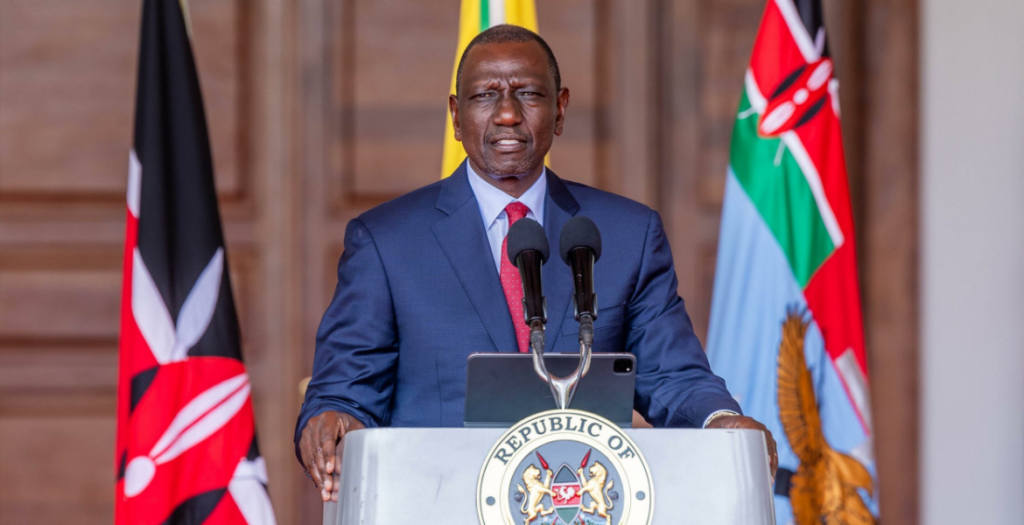Kenyan President William Ruto has made headlines for a very controversial reason, as he was nominated by over 40,000 people for the “Person of the Year” award in organised crime and corruption.
This unprecedented number of nominations came after months of nationwide protests against his government, which were sparked by a contentious finance bill, widespread youth unemployment, and mounting frustrations over government corruption.
The protests, which occurred in June and July, saw Kenyan youth demanding Ruto’s resignation. The government’s response was swift and brutal, with security forces deploying tear gas, water cannons, and live ammunition, leading to numerous injuries, deaths, and disappearances.
Ruto’s administration has been accused of overseeing rampant corruption, which has contributed to failures in economic policy, healthcare, education, and overall governance.
The government’s alleged greed has left many citizens suffering, with essential services like healthcare in disarray. As a result, many Kenyans feel the government has failed to provide for them, with public funds seemingly misused while the poor continue to struggle.
Ruto’s name was also mentioned alongside other controversial figures such as Indian billionaire Gautam Adani, who was involved in a corrupt airport deal in Kenya before it was cancelled.

Despite the widespread criticism and the high number of nominations, the final decision for “Person of the Year” went to Syrian President Bashar al-Assad.
The judges acknowledged the profound impact of Ruto’s actions, but ultimately chose Assad due to the far-reaching consequences of his regime’s criminal activities. Assad has been notorious for using organised crime, such as drug trafficking and smuggling, to fund his authoritarian rule, causing destruction not only in Syria but across the wider region.
In addition to Ruto, other notable figures were nominated for the award, including former Indonesian President Joko Widodo, Nigerian President Bola Tinubu, former Bangladeshi Prime Minister Sheikh Hasina, and businessman Gautam Adani.
In a special recognition, Equatorial Guinea’s President Teodoro Obiang Nguema Mbasogo was awarded the “Lifetime Non-Achievement Award” for his long-standing dictatorship and corrupt rule.
Obiang has been in power since 1979, following a coup against his uncle, and his regime has been characterised by the repression of dissent, human rights abuses, and the looting of the country’s oil wealth. Despite the country’s vast natural resources, most citizens live in poverty while Obiang enjoys a lavish lifestyle.
The corruption and authoritarian rule exhibited by these leaders, including Ruto, reflect broader patterns of governance where political power is maintained through the manipulation of resources and suppression of opposition.
“Corruption is a fundamental part of capturing states and making autocratic governments powerful,” the Organised Crime and Corruption Reporting Project (OCCRP) Publisher Drew Sullivan remarked. These leaders, he added, create instability that often leads to violent collapse or revolution.


